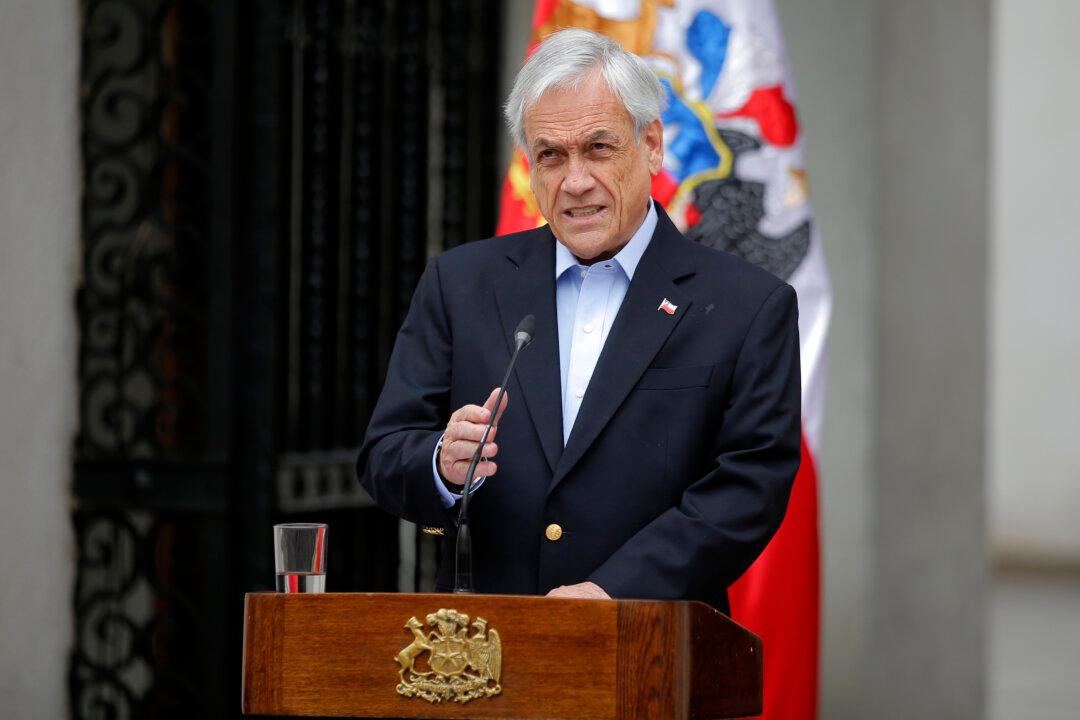Peru’s Congress filed a motion to impeach President Pedro Castillo on Nov. 25, which political rival Keiko Fujimori and her Popular Force party supported.
Castillo’s administration has been plagued by scandal and corruption charges since he took office this summer.





